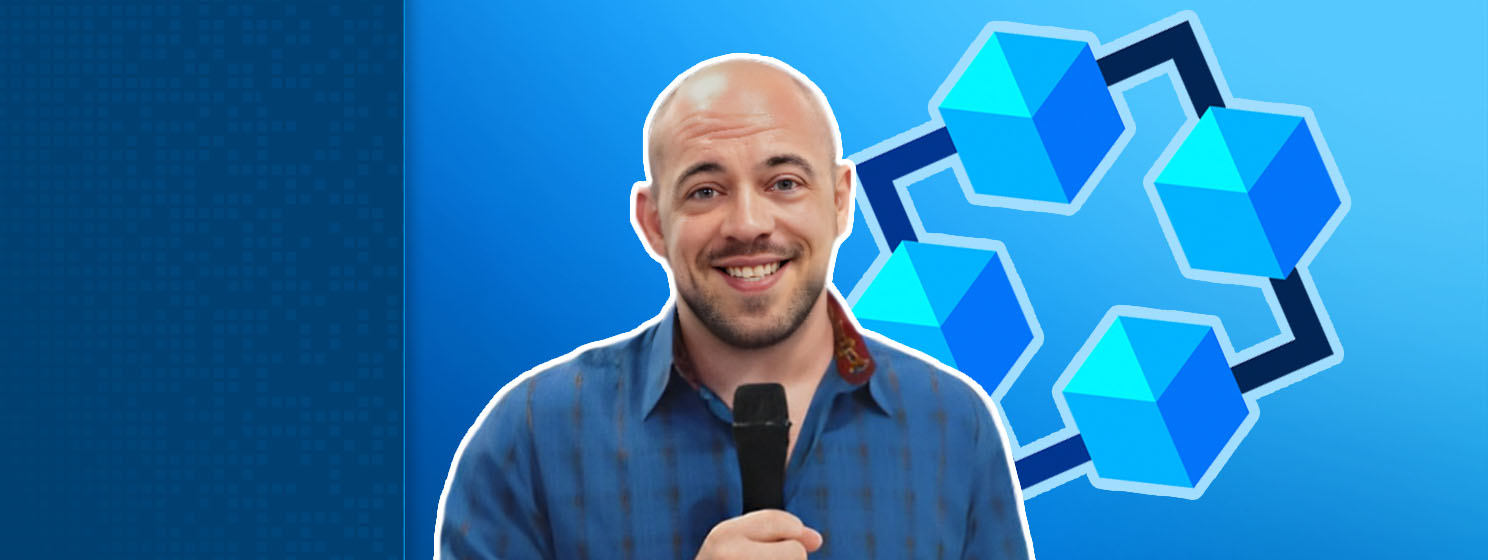|
Getting your Trinity Audio player ready...
|
On this week’s episode of the CoinGeek Weekly Livestream, Kurt Wuckert Jr. answered questions from viewers. The Ask Me Anything (AMA) covered vibe coding with artificial intelligence (AI), the implications of the GENIUS Act, the sustainability of BTC treasury strategies, and much more.
Vibe coding BSV apps
A viewer points out how AI tools like ChatGPT make coding much easier, but it’s still relatively difficult to code BSV apps. What can be done to make this more accessible?
Wuckert agrees, noting how these tools make certain assumptions based on their training data. They tend to skew toward Ethereum and other blockchains.
The key is to explain the tech stack from top to bottom, including giving it documents from BitcoinSchema.org, sCrypt.io, and other sources. Tell it how it needs to use Junglebus for data acquisition and 1Sat Ordinals for tokens, and guide it back when it strays off course, which it will.
On this note, Wuckert announces that a guest who is building a bunch of BSV tools is coming on the livestream soon. This interview will be informative for anyone interested in building on BSV.
What about Trump buying $2 billion of BTC personally?
Wuckert highlights how these claims about large BTC purchases, much like Michael Saylor‘s, are completely unverified. They all tell you when they buy, but they don’t provide verifiable proof. He wonders why the price isn’t responding or why Saylor doesn’t provide a list of addresses so people can verify his claims.
U.S. President Donald Trump’s announcement is about a commercial purchase, not a U.S. government one, but it’s becoming difficult to draw clean lines between the two. As for XRP’s rally after Trump’s crypto 401k plans, Wuckert chuckles at how this coin, which does nothing, recently surpassed the market cap of McDonald’s.
Reggie Middleton’s claims that the Lightning Network may infringe on nChain patents
Reggie Middleton foresaw the Great Financial Crisis in 2008, and foresaw DeFi, Wuckert says. While he’s not in a position to verify Middleton’s claims to have invented DeFi, he does know he’s a patent holder and a sharp operator.
For years, Middleton has been vocal about how undervalued nChain is and why the patents are the reason for it. He recently retweeted Wuckert’s post on how those who hijacked Bitcoin lied about the risks of double-spending on the Bitcoin base layer, and in doing so, explained how the LN likely violates specific nChain patents.
What does mintBlue do?
mintBlue is a blockchain consulting company that also creates software solutions. The company has successfully onboarded one European government and several enterprises as clients.
Essentially, mintBlue can create any software solution you ask for, Wuckert says. He likes this company and thinks the team doesn’t get nearly enough recognition within the BSV ecosystem.
What’s going on with Teranode?
Wuckert can’t leak details, but Teranode is very close to public release. He has been testing it at GorillaPool, and it’s running great. There’s a guest scheduled to come on the show within the next few weeks who will explain more.
Is Web3/IPv6 possible without a mature blockchain?
Wuckert says that depends on the definition of a mature blockchain. The CLARITY Act defines it and will likely become something akin to a Howey Test for blockchains. When a blockchain passes this test, it’s much easier to test and run things like IPv6 integration, but scalability matters, too.
Is BTC’s future faking the gold standard narrative to later engage in fractional reserve banking?
Yes, Wuckert says unequivocally. In fact, this has always been the problem with any hard asset, including gold and the infamous yap stones. Eventually, custodians will issue tokens representing claims on BTC, and fractional reserve banking will creep back in.
What role does BSV play in enabling lawful, transparent enterprise solutions?
Any blockchain can technically play this role, Wuckert reminds us. The difference between them and BSV is how scalable it is. BSV is capable of global use cases, whereas most blockchains are only capable of niche ones.
Already capable of processing one million transactions per second post-Teranode, BSV is useful regardless of the data size, and it’s much cheaper, too. Timestamping is the main reason it can help—it’s a triple-entry accounting system.
Why is BSV not available on most exchanges while Dogecoin and others are?
Precisely because it’s so disruptive to finance, big tech, data, banking, insurance, and so on, there are tens and maybe hundreds of trillions of value moving through these industries, and BSV threatens how things are currently done. On the other hand, Dogecoin is a fun meme coin for gamblers, so it has no powerful enemies.
To hear more about the relationship between AI and blockchain tech, new Trump administration regulations, and what BTC maximalists and communists have in common, check out the livestream episode here.
Watch | Python SDK: Essential tool for BSV developers

 02-17-2026
02-17-2026 




